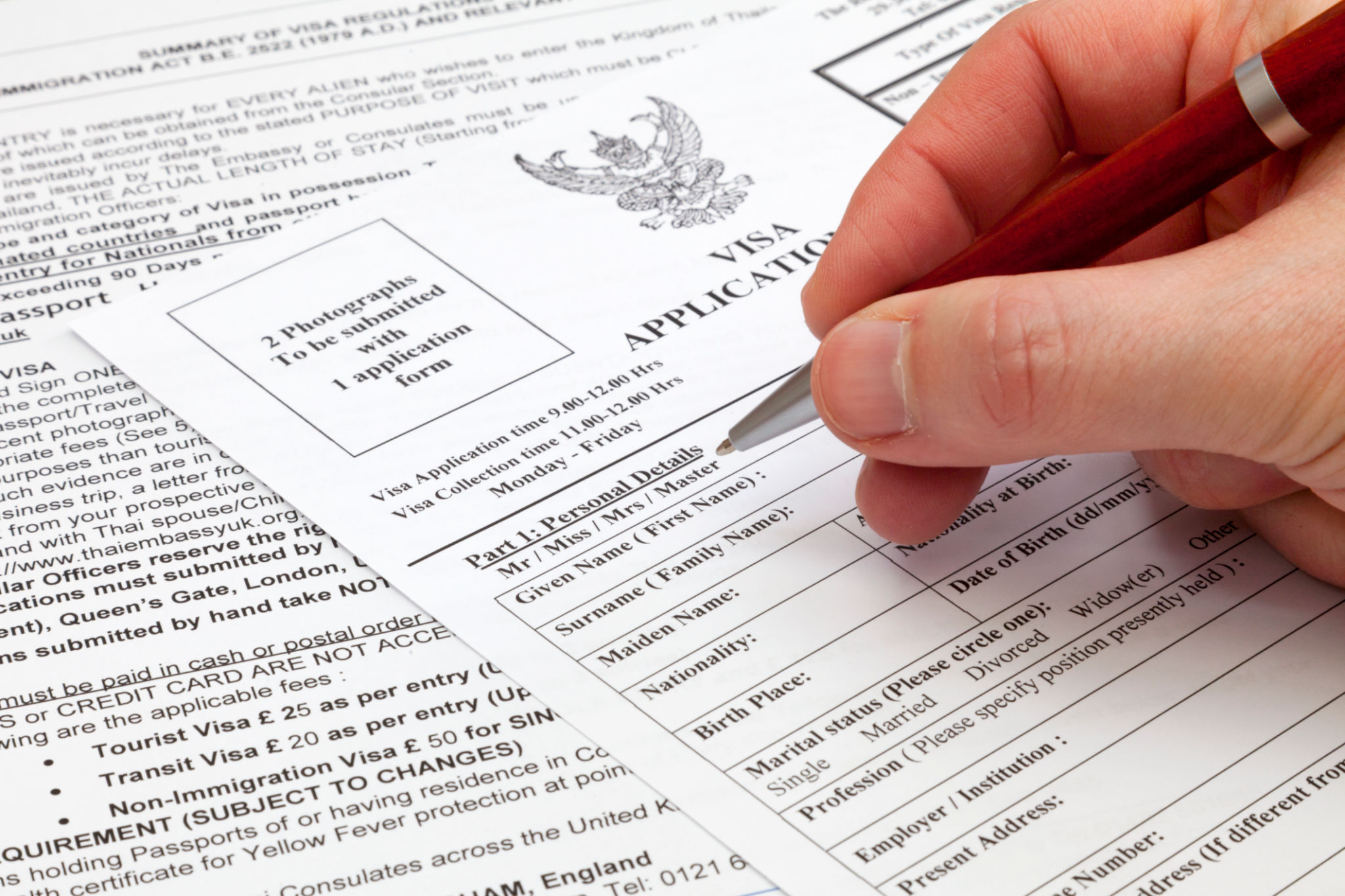Visa and Work Permit Requirements for Expats in Thailand: What You Need to Know
Relocating to Thailand as an expatriate is an exciting opportunity, but it requires thorough understanding of the country's visa and work permit requirements. Navigating these processes can be daunting, especially for those unfamiliar with the local regulations. This guide aims to provide a comprehensive overview to help you successfully manage your move to the Land of Smiles.

Understanding Visa Types
The first step in your journey to working in Thailand is obtaining the correct visa. The most common visa for expats is the Non-Immigrant Visa, specifically tailored for those looking to work, conduct business, or stay long-term. Within this category, there are multiple subtypes:
- Non-Immigrant B Visa: This is suitable for those who have secured employment in Thailand.
- Non-Immigrant O Visa: Ideal for those joining family members who are residents in Thailand.
- Non-Immigrant ED Visa: For individuals pursuing education or participating in internships.
Each visa type has specific requirements and application processes, making it crucial to choose the right one for your circumstances.
Applying for a Work Permit
After securing the appropriate visa, the next step is acquiring a work permit. In Thailand, a work permit is mandatory for any foreign individual intending to engage in employment. It is important to note that your employer will generally handle the majority of the application process. However, knowing the essentials can help streamline the procedure:
- Job Offer: You must have a confirmed job offer from a Thai company.
- Company Requirements: The employer must meet specific criteria, such as registered capital and number of Thai employees.
- Documentation: A range of documents including your passport, educational certificates, and resume will be needed.

Renewal and Extensions
Both visas and work permits come with expiration dates, necessitating timely renewals to avoid legal complications. Typically, a Non-Immigrant Visa is issued for 90 days initially but can be extended for up to one year. Work permits are usually granted for one year and should be renewed at least 30 days before expiration.
The renewal process involves submitting updated documents and sometimes additional paperwork if there have been changes in your employment status or personal circumstances.
Challenges and Considerations
Despite the straightforward process, there are several challenges expatriates might face. Language barriers can pose difficulties, so engaging with a local service or attorney familiar with Thai immigration laws can be beneficial. Additionally, requirements may vary slightly depending on the province in which you plan to work.

Another consideration is the potential need for a re-entry permit if you plan to travel in and out of Thailand during your stay. Without this permit, your visa could be voided upon departure.
Conclusion
Navigating the visa and work permit landscape in Thailand requires careful planning and attention to detail. By understanding the various types of visas and the work permit process, you can ensure a smooth transition into your new role as an expatriate. Remember to stay informed about any changes in immigration policies and seek professional advice when necessary to avoid any pitfalls along the way.
